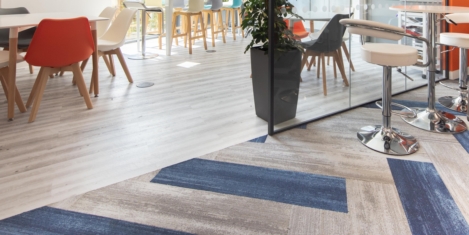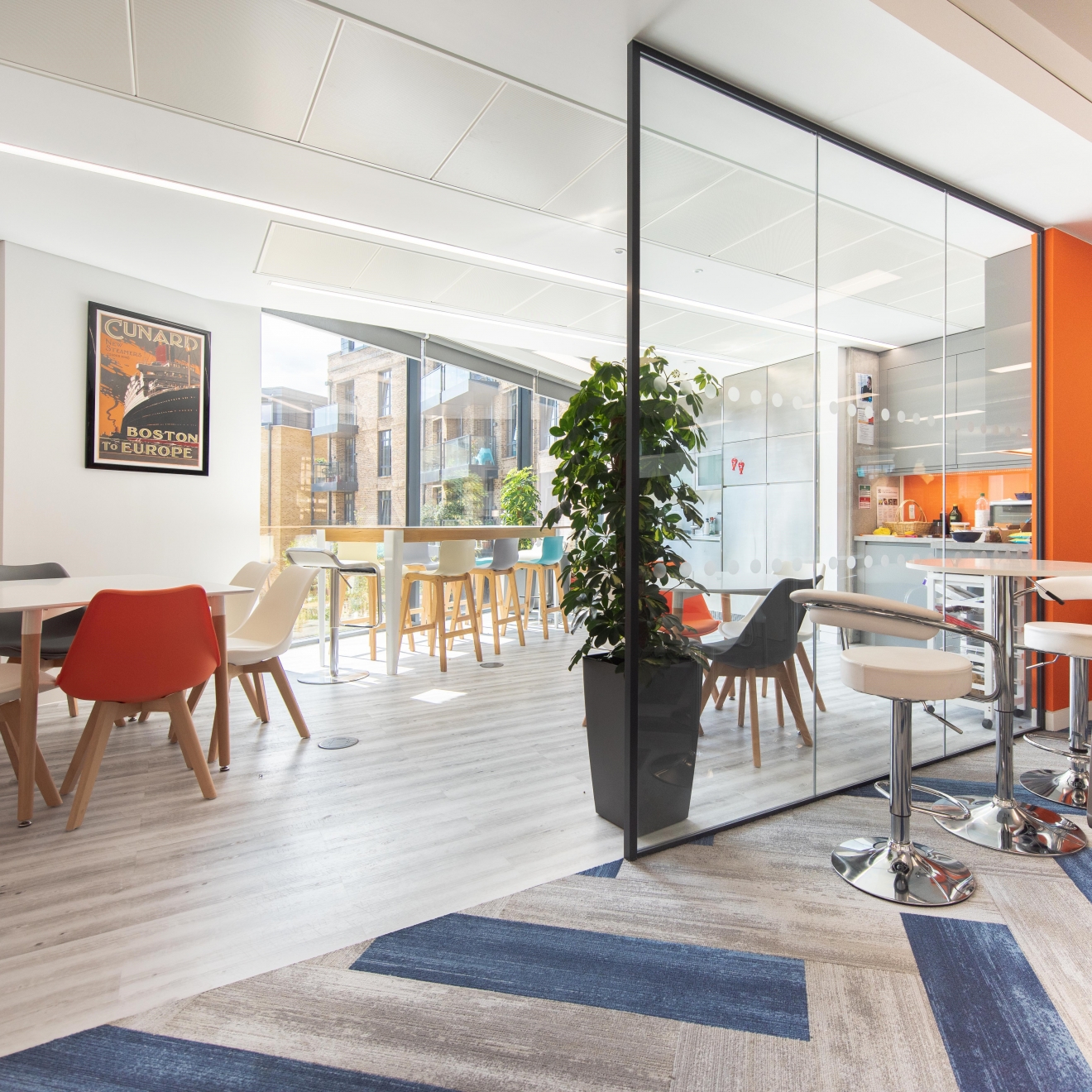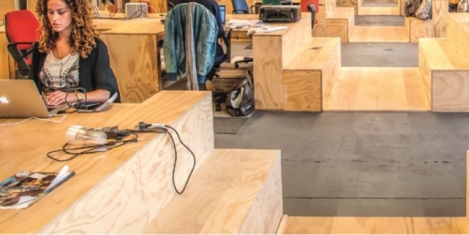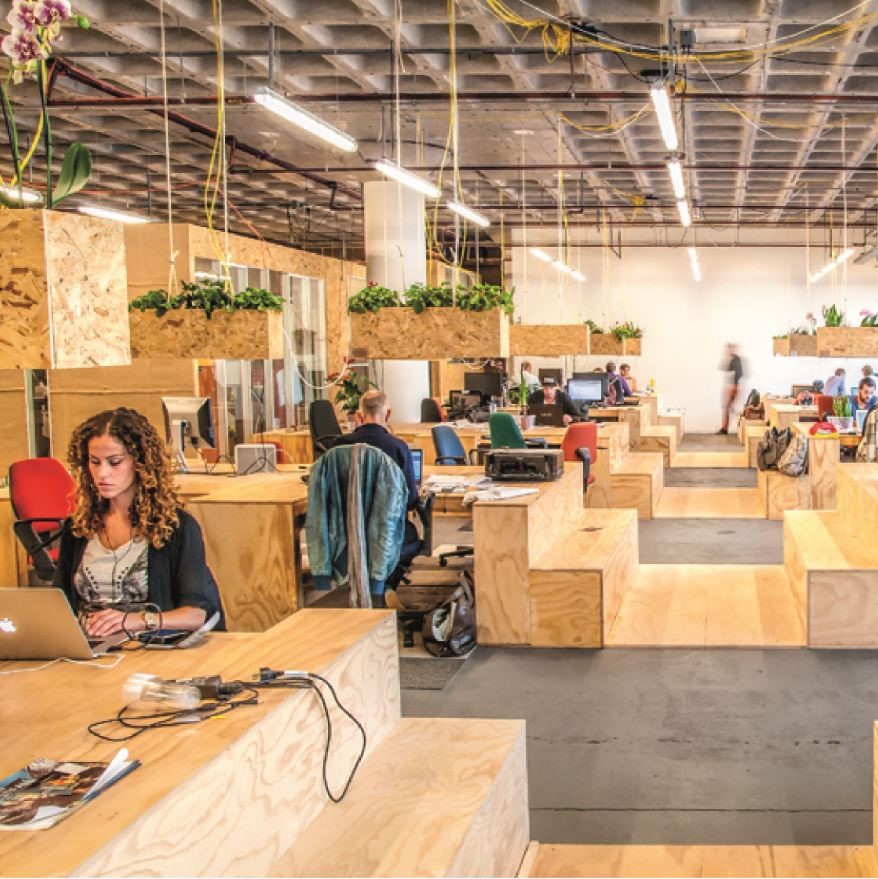To provide the best experiences, we use technologies like cookies to store and/or access device information. Consenting to these technologies will allow us to process data such as browsing behaviour or unique IDs on this site. Not consenting or withdrawing consent, may adversely affect certain features and functions.
The technical storage or access is strictly necessary for the legitimate purpose of enabling the use of a specific service explicitly requested by the subscriber or user, or for the sole purpose of carrying out the transmission of a communication over an electronic communications network.
The technical storage or access is necessary for the legitimate purpose of storing preferences that are not requested by the subscriber or user.
The technical storage or access that is used exclusively for statistical purposes.
The technical storage or access that is used exclusively for anonymous statistical purposes. Without a subpoena, voluntary compliance on the part of your Internet Service Provider, or additional records from a third party, information stored or retrieved for this purpose alone cannot usually be used to identify you.
The technical storage or access is required to create user profiles to send advertising, or to track the user on a website or across several websites for similar marketing purposes.
 Great news! No, not the Brexit deal but the reports that the US has replaced the floppy disks it uses to store the information about its nuclear arsenal with something a bit less Nineties. If nothing else, a useful reminder that even the people responsible for a potential Armageddon might not be quite on board for the Fourth Industrial Revolution just yet, and are still coming to terms with the Third. (more…)
Great news! No, not the Brexit deal but the reports that the US has replaced the floppy disks it uses to store the information about its nuclear arsenal with something a bit less Nineties. If nothing else, a useful reminder that even the people responsible for a potential Armageddon might not be quite on board for the Fourth Industrial Revolution just yet, and are still coming to terms with the Third. (more…)




































October 11, 2019
How the Dutch pioneered agile working, wellbeing and smart buildings
by Mark Eltringham • Comment, Workplace design